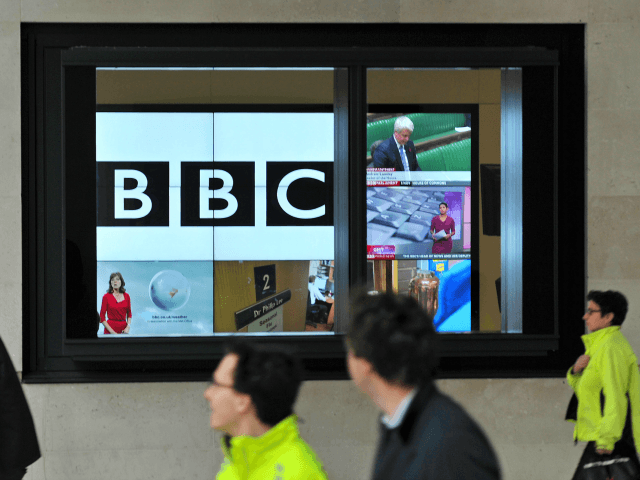The BBC will be regulated by Ofcom following its charter renewal, the Government has announced, and will be expected to buy more of its content from independent producers, driving up competition in the sector.
But those hoping for an end to the licence fee, dubbed the “TV tax” by low tax campaigners, will be disappointed, as the Government plans to introduce legislation to close the so-called “iPlayer loophole,” by which viewers can legally avoid having to pay the licence fee provided they don’t access live content. The fee is also set to rise with inflation between 2017 and 2022.
The changes have been laid out in a Government White Paper, introduced at the Commons by Culture Secretary John Whittingdale today. Mr Whittingdale recently half-joked that he’s occasionally “tempted” to abolish the BBC completely, going on to described the corporation as “a market intervention of around £4billion by government.”
But his tone was more conciliatory in the Commons, where he said: “Mr Speaker, the BBC is one of our country’s greatest institutions. 80 per cent of those who responded to our Green Paper consultation said the BBC serves audiences well or very well. Every week the BBC reaches 97 per cent of the UK population and 348 million people across the globe, informing, educating and entertaining them and promoting Britain around the world.
“It is our over-riding aim to ensure that the BBC continues to thrive in a media landscape that has changed beyond recognition since the last Charter Review ten years ago – and that it continues to delivers the best possible service for licence fee payers.”
To that end, Ofcom has been instructed to take over regulation of the BBC, with an aim to bring to an end a system which has left disgruntled viewers frustrated, accusing the BBC of ignoring their legitimate concerns.
“Ofcom has a proven track record as a regulator of media and telecoms,” Mr Whittingdale said. “It is the right body to take on external regulation of the BBC.”
And the corporation has been ordered to open up its commissioning process much wider, moving from the current system whereby 50 percent of qualifying hours are guaranteed to in-house producers, to the abolition of all existing in-house guarantees, with the exception of news and news-related current affairs.
The BBC’s governing body will also be overhauled and a new unitary board of 12-14 members will be developed. Half of the panel will be appointed by the BBC, and half by ministers.
But Mr Whittingdale has had less success in loosening the ties of the BBC licence fee, a duty he once described as “worse than the poll tax” and which he thought was “unsustainable” in the long term.
Currently the fee of £145.50 a year is payable by all households which have a TV, but the outdated wording of the law which governs the fee means that households without a TV yet which are able to access the content online via another method are exempt.
Meanwhile, much comment has been made of the requirement to pay the licence fee when so many households now also purchase subscription packages.
“The success of BBC iPlayer has helped develop the UK on-demand market to become the largest in Europe. However, as viewing habits shift away from linear television, viewers paying for a television licence to watch or record any television as it is being shown will increasingly foot the bill for public service content that many enjoy without any payment,” the white paper notes.
Highlighting figures which show that tv ownership is in decline – 97 percent of households owned a television in 2009, against 94.9 percent in 2015 – the report sets out the government’s plans to close the “iPlayer loophole”
Mr Whittingdale confirmed: “We will close the iPlayer loophole, meaning that those who watch BBC programmes on demand will now need a TV licence like everyone else.”

COMMENTS
Please let us know if you're having issues with commenting.